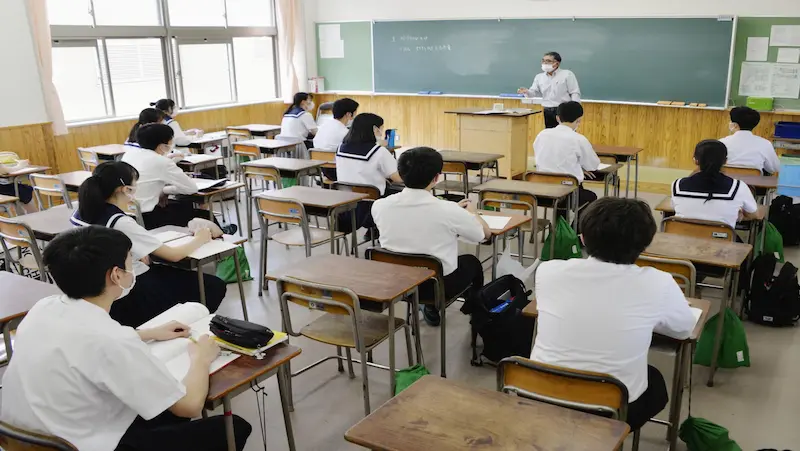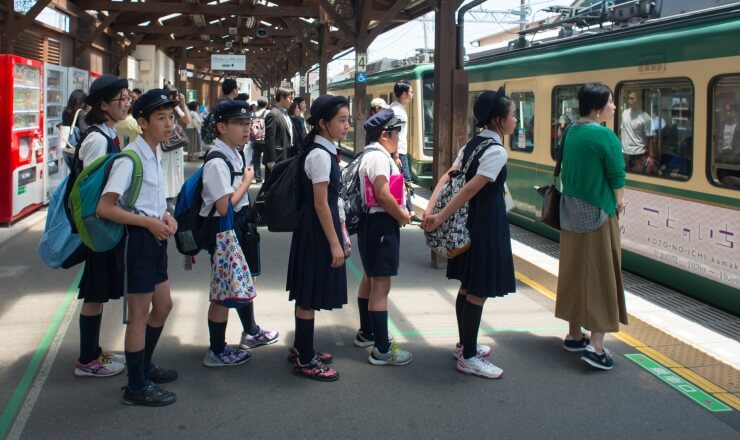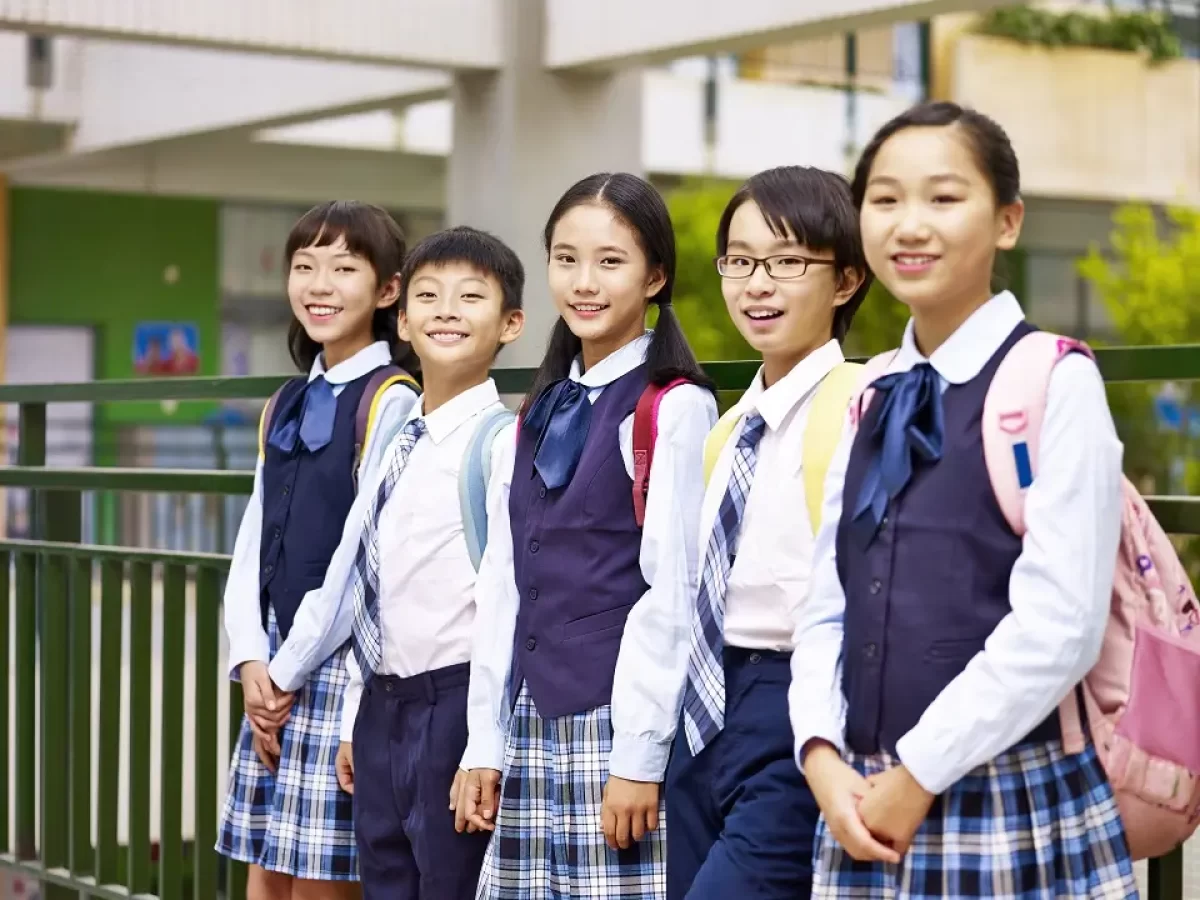Japan Education System and Its Unique Path to Building Responsible Citizens
The Japan Education System is widely regarded as one of the most thoughtful and impactful approaches to nurturing young minds. Unlike many countries that emphasize exams, rankings, and academic pressure from an early age, Japan has built its education model around values that shape not just knowledgeable students but responsible and respectful citizens. This approach reflects a deep understanding that the strength of a nation lies not only in its intellectual achievements but also in the character of its people.

From the very beginning of schooling, children in Japan are taught lessons that go beyond textbooks. Respect, discipline, cooperation, and responsibility are woven into their daily routines, making these values a natural part of their lives rather than just abstract concepts. The emphasis is not on memorizing facts but on understanding one’s role in society and the importance of contributing to it with sincerity and care.
Japan Education System Focuses on Values Before Academics
One of the most striking features of the Japan Education System is the way students learn responsibility through action. For instance, cleaning classrooms, corridors, and school grounds is a routine part of their day. This practice is not about saving costs but about teaching accountability, teamwork, and respect for shared spaces. Children learn early that maintaining cleanliness is a collective responsibility and that every small action contributes to the greater good.
Moreover, moral education holds an essential place in the curriculum. Students are taught empathy, kindness, honesty, and consideration for others. These lessons are not delivered through lectures but are experienced in daily interactions and activities. As a result, Japanese children grow up with a strong sense of ethics, which plays a crucial role in shaping a harmonious and respectful society.

The Japan Education System also prioritizes social development alongside academic achievement. While students still study core subjects with dedication, equal importance is placed on building communication skills, learning to collaborate, and developing emotional intelligence. These skills are considered vital for navigating the complexities of adult life and for building a society where cooperation and understanding are valued over competition.
Teachers, too, play a central role in shaping this environment. They are not just instructors but mentors who guide students in both academic and personal growth. The relationship between teachers and students is based on trust, mutual respect, and a shared commitment to learning and growth. This bond further strengthens the values taught within the classroom. Also Read: Neera Arya: 1 Forgotten Warrior Who Spied for India’s Freedom and Defied the British Empire
How Japan Education System Shapes Character and Society
Another key aspect of Japan’s approach is its respect for nature and the environment. Children participate in activities that connect them to the natural world, fostering a sense of responsibility toward protecting it. Whether it is through gardening projects, environmental lessons, or community clean-up drives, students learn to appreciate the importance of sustainability and stewardship.
By focusing on character-building, the Japan Education System has created a generation that values dignity, discipline, and collective well-being. It shows that true education extends beyond test scores and grades it is about shaping individuals who will contribute positively to society and lead with integrity.
View this post on Instagram
Conclusion:
The Japan Education System offers a powerful reminder that education is more than academic achievement it is about nurturing the qualities that make us human. By teaching children respect, responsibility, and empathy from a young age, Japan proves that the foundation of a strong nation begins in its classrooms, not with exams, but with the values we choose to instill.

